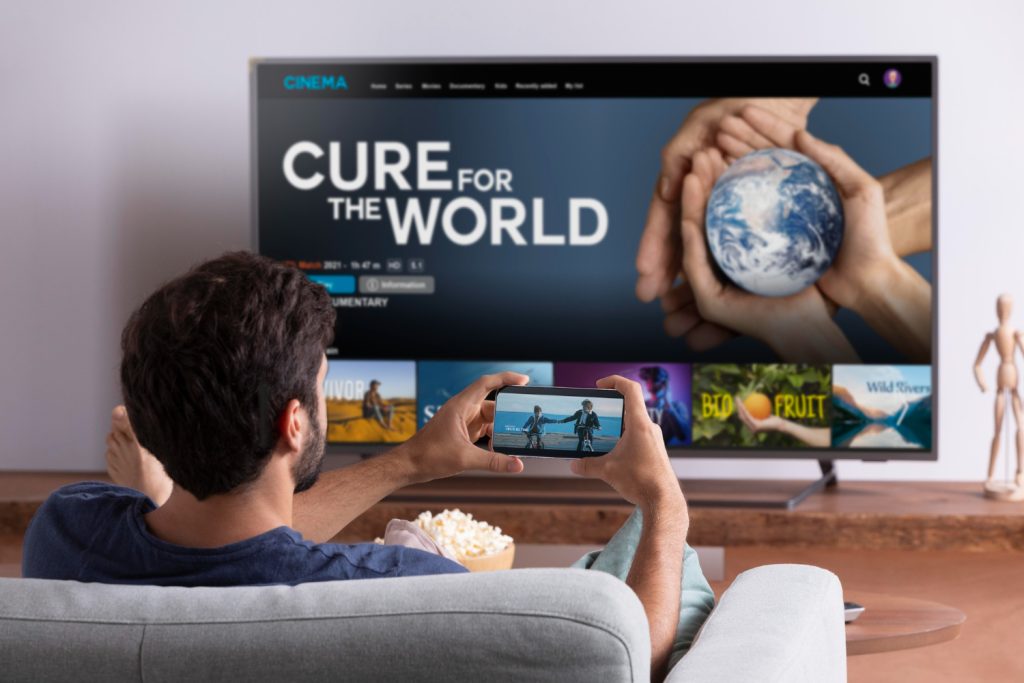Digital Streaming Platforms and Geo Blocking: Where Can Users Seek Justice
The flow of entertainment and digital content across borders feels immediate, yet invisible walls arise that shape what can be seen and when. Geo blocking plays a central role in this restriction. Businesses rely on location-based controls for financial, legal, and cultural reasons, while audiences often feel excluded. Understanding how it works, who enforces it, and where users can contest these barriers reveals a complex web of global contracts and national rules.

Self-Exclusion Networks and Restricted Access in iGaming
Online interactive entertainment faces the same form of geographic limitation as films or music. In the United Kingdom, a prominent example is Gamstop, a national self-exclusion system designed to restrict registered individuals from accessing gambling sites licensed by the UK Gambling Commission. Once a person signs up, entry remains blocked until the self-exclusion period has ended. The framework applies strictly to regulated operators under the authority of the Commission, ensuring that enforcement carries legal weight.
However, digital platforms outside this structure operate under different circumstances. Players who turn to non gamstop casino sites encounter a broader selection of providers, mechanics, and features. The range covers slots, live dealer tables, and newer crash-style titles. These platforms also present greater flexibility, as wagering limits do not apply, and since most of them are built for mobile-first access, participation can take place directly through a web browser without requiring a dedicated application.
Geo-blocking intersects with this sector by reinforcing regulatory boundaries. Licensed operators comply with territorial restrictions, while unregulated alternatives remain accessible across borders, creating a distinct contrast in user experience.
Streaming Platforms and Global Content Rights
Film and television streaming operates on a model shaped by licensing arrangements. Studios and rights holders divide contracts by territory, selling viewing rights region by region. Platforms such as Netflix or Disney+ then check user IP addresses, which reveal geographic location. If rights exist for Canada but not Germany, the service enforces a block for German users. This contractual division explains why a globally popular series can appear in one library yet remain absent elsewhere.
Geo-blocking ensures platforms remain compliant with these agreements, but it also creates uneven access for subscribers who pay similar fees. Price structures differ between countries as well, reflecting market conditions and purchasing power. Without territorial control, people would subscribe in the cheapest region and gain access to the entire library, undermining the business model. For the companies, geo-blocking secures contractual compliance and revenue segmentation, while users face the frustration of unequal access.
Music Services and Regional Restrictions
Audio streaming mirrors the same practice. Services like Spotify or Apple Music negotiate rights with labels and distributors on a territory-by-territory basis. Certain albums appear in one market months earlier than in another. Podcasts also fall under similar arrangements, especially when they contain licensed background music or sponsorship deals that apply to one jurisdiction.
Geo-blocking in music serves a dual role. It respects legal rights while allowing flexible pricing. Subscription costs vary by market, often lower in emerging economies and higher in wealthier regions. This arrangement maximises reach while sustaining profitability. Yet, cultural access narrows when music with global appeal remains unavailable due to delayed licensing or fragmented contracts. Listeners either wait, search for unofficial sources, or attempt circumvention with VPNs.
Educational Platforms and Access Limitation
Learning resources online also reflect geographical restrictions. Platforms offering courses or video lectures sometimes restrict access based on local regulations, licensing of teaching materials, or international sanctions. For instance, sanctions applied by certain governments have caused entire learning portals to restrict accounts from specified states.
Geo-blocking in education affects knowledge equality. A course in software engineering might be available in one region but inaccessible in another, even when learners are willing to pay. This undermines the principle of global access to knowledge. Providers often justify such measures by referencing copyright agreements with textbook publishers or compliance with foreign trade restrictions. The result remains the same: learners outside approved territories cannot access the same resources.
Payment Services and Financial Platforms
Financial platforms draw firm digital borders in order to comply with anti-money laundering rules, sanctions, and national financial laws. Banks, payment processors, and online wallets often block access through IP addresses or account location checks. By doing so, they guarantee compliance with frameworks that forbid transactions involving specific countries or restricted groups.
Geo-blocking in this context goes beyond entertainment or learning. It shapes who can participate in global commerce. Someone living in a sanctioned state may face exclusion from mainstream financial tools, even when the transactions they attempt carry no political dimension. Such measures reveal how deeply territorial controls extend into daily life.
The Legal Dimension and User Recourse
Where individuals can seek justice depends largely on jurisdiction. In the European Union, regulations such as the Geo-Blocking Regulation attempt to standardise access within the single market. The aim is to prevent unjustified territorial discrimination across member states, at least for e-commerce and digital services sold within the Union. Outside such frameworks, justice becomes fragmented. National regulators enforce laws within their territories, while global companies align themselves with the strictest legal advice they can obtain.
Users can challenge unfair practices through consumer protection bodies, competition authorities, or digital rights groups. Yet remedies vary. A blocked library on a streaming service may reflect a binding licensing contract, leaving little scope for direct appeal. In financial services, compliance with sanctions often overrides consumer concerns altogether. Still, complaints filed with regulators can influence policy debates and prompt gradual reform.
The Path Towards Universal Access
As technology advances and the demand for borderless services rises, companies explore solutions. Some platforms secure worldwide rights for their own productions, bypassing territorial fragmentation. Netflix Originals illustrate this approach, as they often appear simultaneously across multiple regions. Educational providers with global ambitions also seek licences that cover all territories at once, although costs and contractual complexity limit progress.
Users continue to press for equal access, while governments and organisations debate how to reconcile cultural regulation, business models, and digital freedom. The issue remains unresolved, but pressure builds. Geo-blocking demonstrates how contracts and borders persist even in a connected environment. The justice users seek may arrive only when content owners and governments agree to move closer to universal rights.

